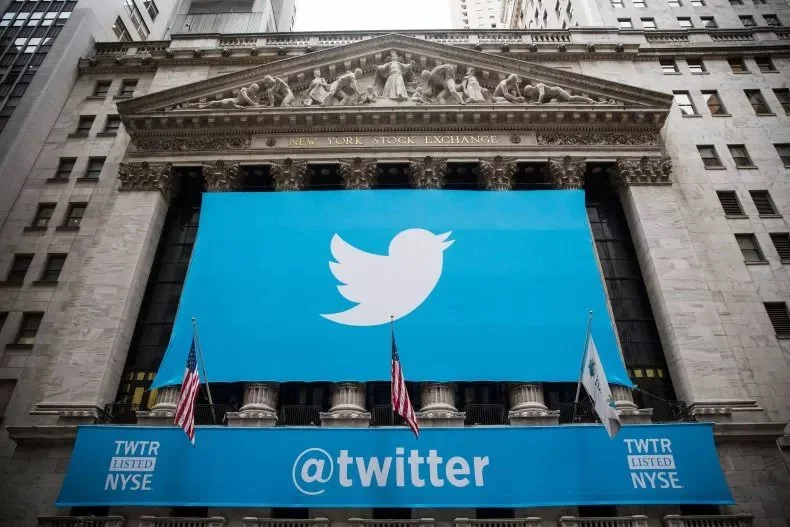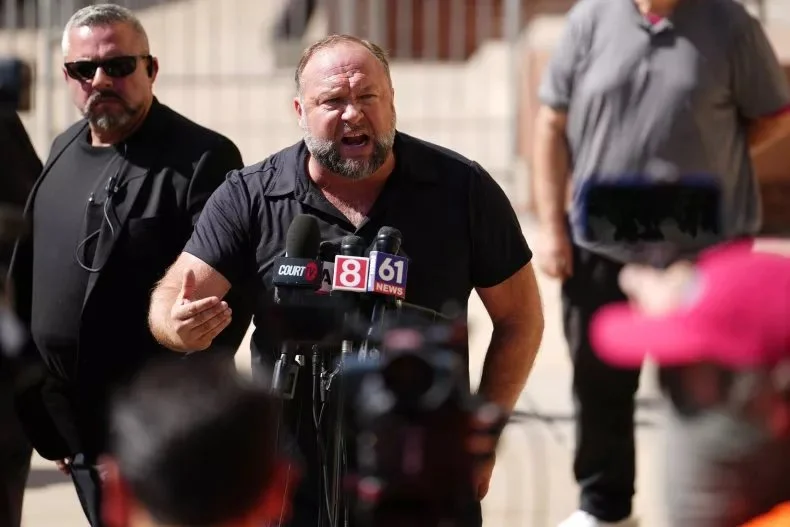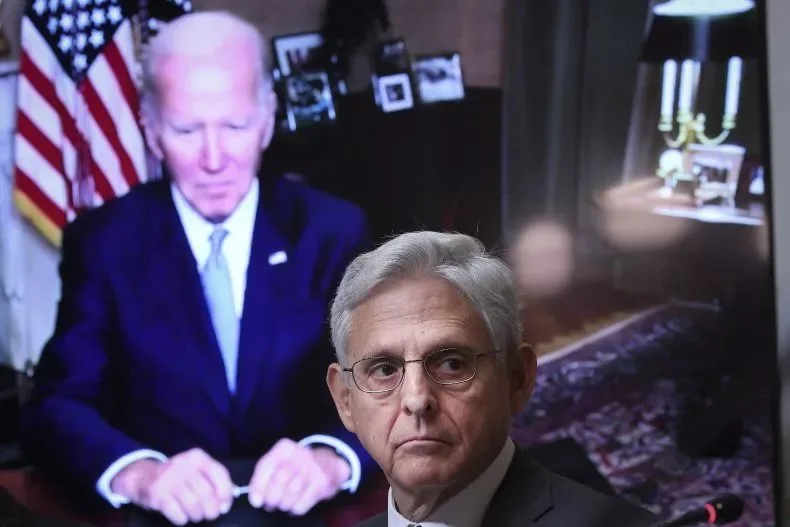For the past few weeks, journalists have been reporting on what they've found in the "Twitter Files"—thousands and thousands of documents they were given access to by Twitter's new owner and CEO, the billionaire Elon Musk. The revelations have been astonishing and deeply troubling, exposing solid evidence of collusion between top executives at the FBI and their cozy counterparts at Twitter.
FBI leadership and Twitter censors conferred constantly about how to shut down political speech based on its content, confirming the suspicions of, well, anyone who was paying attention. And it proves without a doubt that over the past few years, countless Americans have undergone a real violation of their First Amendment rights.
The First Amendment mandates that government can't abridge—meaning limit or censor—speech based on its content. Even if attempting to advance the noblest of causes, government actors must not collide with this constitutional guardrail. The Constitution simply isn't optional. Government officials must treasure it like gold and defend it like hearth and home.
This is the part in the play when some rowdy voice shouts from the cheap seats that "Twitter is a private corporation, it's not government." True enough, but the government can't enlist a private citizen or corporation to undertake what the Constitution precludes it from doing.
The U.S. Supreme Court settled that decades ago with what's known as the law of agency, which allows a "principal" to assign an agent to do something on the principal's behalf. It's a limited transfer of power. And what the government is forbidden from doing it is also forbidden from subcontracting to an agent.
Thus, when Twitter acquiesced to the FBI's urging, it essentially became an agent and of the government, and then wrongfully acquiesced to censor the speech of American citizens.
The evidence is now all out there: The FBI handed out Top Secret security clearances to Twitter employees, ostensibly without the weeks of extensive background checking that I and other top Justice Department officials had to undergo.
Then, FBI officials created a special, secure online portal for Twitter staff, where the two sides could secretly exchange information about who was saying what on the platform and how that speech could be squelched. In this virtual "war room," the FBI made dozens of requests to censor political speech. Twitter chirpily complied.
Talking daily with government agencies through a secure government channel, having a government security clearance, and carrying out orders from the government is what an agent of government does. And that's what Twitter did.
This government-big tech partnership violated the First Amendment, a classic deprivation of civil rights.
The Biden administration and others casually dismiss this troubling arrangement as a rationale to somehow prevent election "misinformation." Yet misinformation is in the eye of the beholder. And since the U.S. Supreme Court has determined that speech in and around elections has more First Amendment protection than any other, government agents meddling in it will almost always be acting unconstitutionally. Indeed, lying about an election may be wrong, but it is fully protected speech. The minute Twitter started cooperating with the FBI, it needed to therefore be protected on the platform.
At the end of the day, it is up to the governed—not the government—to decide what's misinformation. The FBI has zero legal authority to stop it, and by using Twitter as its agent, it violated the free speech rights of the people who were censored.
The violations are even more egregious now that that nearly everyone acknowledges the documents on Hunter Biden's laptop that discussed foreign money being funneled to Joe Biden were legitimate. Yet at FBI urging, Twitter and Facebook limited the reach of that story.
Politics aside, none of this can stand. Congress must promptly undertake a bi-partisan investigation into Twitter's malfeasance as an agent of the state. Americans deserve to know which of their federal employees linked arms with high-tech censors and sneered at the First Amendment. There must be a reckoning.
And if your voice was one of those censored by the cabal of collusion between federal law enforcement and some dirty birds at Twitter, now might be a good time to call a serious-minded lawyer.






